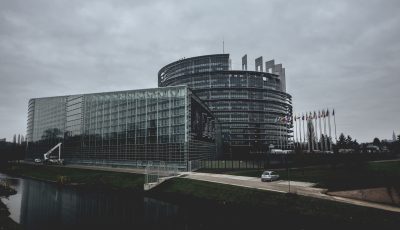1 June 2019. Shifting Paradigms is dedicated to reducing greenhouse gas emissions to avoid dangerous climate change. It does that by employing circular economy strategies while carefully weighing environmental with socio-economic aspects like job opportunity, income equality and development in a broad sense. It builds on the understanding that the conventional economic growth paradigm has become a grossly inadequate, and at times even counterproductive, to respond properly to global challenges.
The lion share of the environmental footprint of Shifting Paradigms is from domestic and international travel. International travel is always a deliberate choice. It is just one of the means to disseminate a message and reach a broader audience, and provide an alternative to the narrative from representatives of the linear economy. At Shifting Paradigms, we travel at the following conditions:
- Domestic travel is by non-motorised transport or train. Creating idle transport capacity through vehicle ownership should be minimised, to avoid the under-utilisation of high-carbon assets and occupancy of valuable urban space. If a location is very difficult to reach, even by the combination of a train and renting a bicycle on location, a car sharing scheme will be relied upon.
- International travel should be avoided where possible. Travel can be avoided by using audio-visual means of communication to present at an event, or by inviting skilled experts and presenters which are located closer to the event, to take the stage.
- For international trips low-carbon means of transport is prioritised if travel time stays below 28 hours. This implies for trips in Europe, and even to Ukraine and Belarus, that we travel by train if there are not too many (nightly) stopovers.
- Where airlines are used, an internal carbon price of USD 100 is applied. This is the upper limit of an explicit carbon-price level consistent with achieving the Paris temperature target as recommended by the High-Level Commission on Carbon Prices for 2030 (World Bank, 2017). The USD 100 will be used to support greenhouse gas mitigation initiatives.



